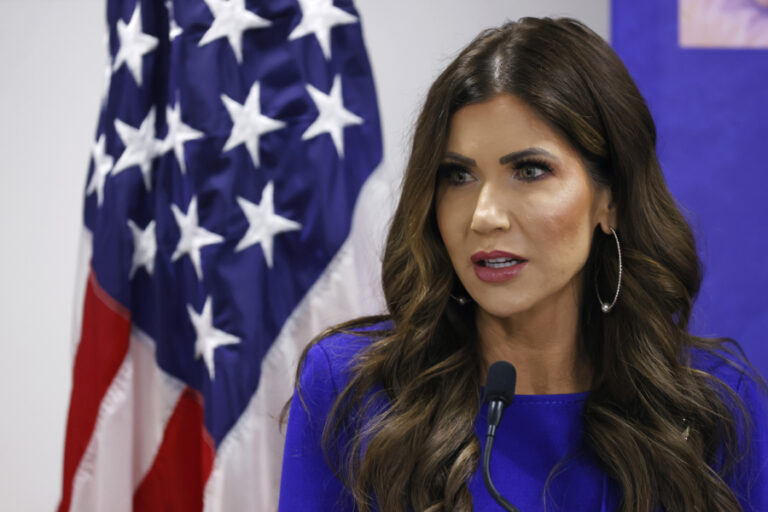
$1K Fee for New Humanitarian Parole Beneficiaries!
Miami, Oct. 15 (EFE) —
The United States government will begin charging a 1,000 dollars fee on Thursday to new beneficiaries of the humanitarian parole program, a temporary residence permit granted to migrants under urgent humanitarian grounds, which has been a target of criticism from the Trump administration.

According to a statement from the Department of Homeland Security (DHS), the new fee will apply to “any noncitizen who receives a temporary permission to remain in the US and does not qualify for an exception.”
The agency said the charge will cover both new applicants and those whose parole requests are still pending but have not yet been approved.

Exceptions for emergencies and public benefit cases
The DHS noted several exemptions to the new rule. Migrants facing medical emergencies, attending funerals, or assisting in cases deemed to provide a “significant public benefit,” such as helping US authorities in law enforcement matters, may be exempted.
“If a parole recipient fails to pay the required fee once they appear for inspection at a port of entry or are already physically present in the United States, their authorization will be canceled,” the DHS statement warned.

The change stems from the One Big Beautiful Bill, an immigration reform package introduced last July by President Trump’s administration, which expanded executive powers on immigration and border control.
Trump administration moves to limit parole programs
Republican lawmakers on the House Judiciary Committee had proposed in April the introduction of a 1,000 dollars asylum application fee, along with other increases in immigration processing costs.

In many cases, asylum seekers are granted temporary parole while their requests are processed.
Since returning to the White House in January, the Trump administration has taken steps to dismantle or sharply restrict the use of humanitarian parole, a program widely used by migrants from crisis-hit nations.
In particular, the government has sought to revoke programs benefiting citizens of Haiti, Cuba, Nicaragua, and Venezuela, a move that has heightened the risk of deportation for thousands of migrants currently residing in the US under temporary protection.

Increased costs amid tougher immigration agenda
Critics of the policy argue that the new fee places an additional financial burden on migrants seeking protection, while immigration advocates say it could further strain humanitarian channels already under pressure.
Trump administration officials, however, defend the measure as a necessary step to ensure that immigration programs operate “at no cost to the US taxpayer,” according to DHS sources cited in Washington-based media.

The 1,000-dollar fee represents one of several new financial requirements included in the July legislation, alongside stricter vetting procedures and expanded authority for immigration enforcement agencies.
As of October, more than 380,000 migrants from Cuba, Haiti, Nicaragua, and Venezuela have been admitted under the parole program since its creation in early 2023. EFE

hbc/seo




